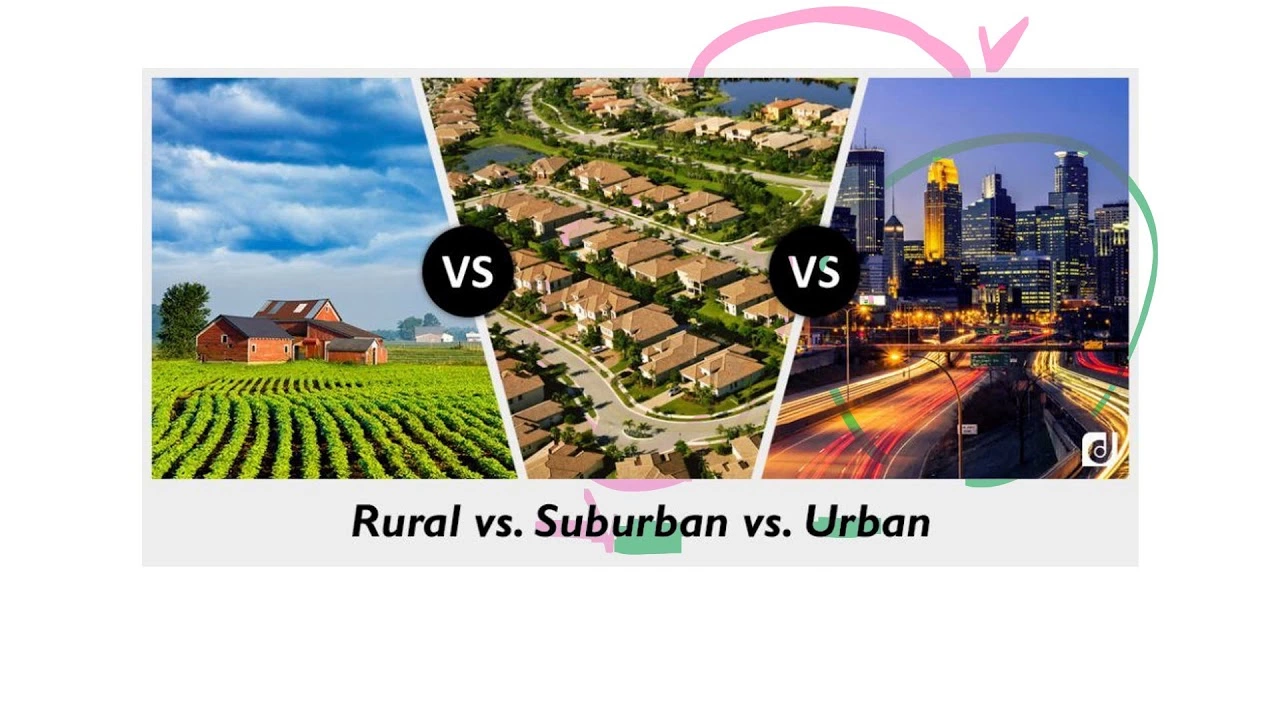Life in India Compared to Developed Countries: What Travelers and Culture Buffs Need to Know
If you’ve ever wondered whether India feels like home or a foreign land, you’re not alone. Many travelers and expats ask the same thing: is everyday life here easier, harder, or just different? In this guide we break down the real‑world differences you’ll notice the moment you step out of the airport.
Everyday Life and Costs
First off, the cost of living is a shock in the best way. A cup of chai costs around ₹30 (less than $0.40), while a latte in a European café can set you back $4‑$5. Rent follows the same pattern: a one‑bedroom apartment in Delhi’s city centre sits at about ₹25,000 a month, whereas the same space in London tops $1,800. Bottom line: your money stretches further in India, but salaries do too.
Public transport is another area where the gap shows. Indian metros and buses are cheap and dense, but they can be crowded and less punctual than a German train. If you prefer privacy, ridesharing apps like Uber are affordable, though traffic jams can add extra time. Overall, moving around is cheap but requires a bit more patience.
Culture, Travel and Community
Culture is where India shines brightest. Festivals pop up every month—Diwali, Holi, Navratri—each turning streets into brilliant, noisy celebrations. In contrast, many developed nations have a steadier calendar of events, and you’ll find fewer spontaneous street parties. For a traveler, that means endless photo ops and locals eager to share food and stories.
Safety feels different, too. Most major Indian cities have a visible police presence in tourist zones, but you’ll need to stay alert in crowded markets. In many Western cities, street lighting and surveillance are more constant, which can feel safer to some visitors. Knowing basic local customs—like taking off shoes before entering a home—goes a long way toward staying out of trouble.
When it comes to language, English is widely spoken in business and tourist hubs, but you’ll hear Hindi, Tamil, Bengali, and dozens of other tongues everywhere. This multilingual vibe adds flavor but can also be confusing if you rely on a single language. A few local phrases can smooth interactions dramatically.
Healthcare is a mixed bag. Private hospitals in metros offer world‑class facilities at a fraction of US costs, yet rural areas still lack basic services. If you’re traveling long‑term, a good insurance plan is essential—just like you’d get in any developed country.
Education and technology have leapt forward in recent years. Cities like Bangalore and Hyderabad are tech hubs, with coworking spaces that feel right at home for digital nomads. The internet is fast in urban centers, though rural connectivity can be spotty. Compared with Scandinavia’s uniform broadband, India’s split is noticeable but improving fast.
Finally, think about the vibe of everyday interactions. In many developed nations, people keep to themselves and small talk is rare. In India, strangers often greet you with a warm "Namaste" and a smile. That openness can turn a routine grocery run into a chance to learn about local recipes or family histories.
So, is life in India better or worse than in a developed country? It depends on what you value. If you love low costs, vibrant culture, and a bustling social scene, you’ll likely feel right at home. If you prioritize ultra‑efficient services and predictable infrastructure, the adjustment may take time. Either way, the contrast makes for an unforgettable experience worth exploring.
How is life in India like compared to developed countries?
Living in India compared to developed countries is a unique experience with its own set of challenges and rewards. While India is rich in culture, tradition, and history, it lags behind in infrastructure and public services. The cost of living is significantly lower, but so is the average income. The country is making strides in technology and education, yet rural areas still struggle with basic amenities. Nonetheless, India's diverse and vibrant lifestyle offers a captivating experience that's unlike any developed nation.
